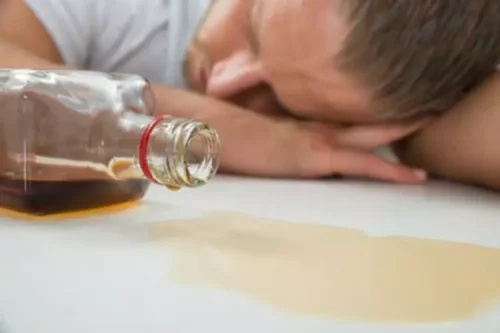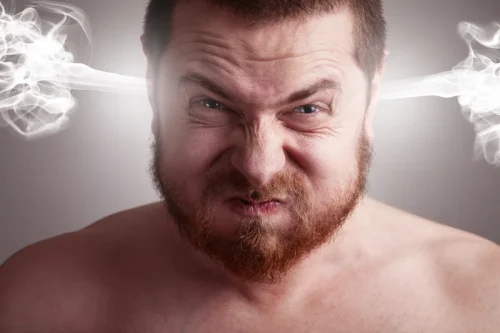
The 12th step can be applied by helping an addict who has relapsed to return to recovery. One common trigger source that is particularly effective at causing distress and drug cravings is smells. There is a wide variety of smells that can serve as a common relapse trigger. Attending therapy is also a good way to help with processing internal triggers. By attending therapy sessions once a week, you will be able to sit and talk with someone who can listen and provide valuable insight. To identify what things could be triggers, a good place to start is making a list of people, places, and things that were prevalent in active addiction.
- All of these situations could potentially lead to a relapse if you’re not prepared.
- A person can find alternative routes to avoid high-risk places, such as places where they used to meet their dealers or bars where they used to binge drink.
- Such triggers are sometimes apparent, but they can also be subtle and more challenging to identify.
- A relapse trigger, whether internal or external, is something that sets off cravings in recovering individuals.
Relapse Triggers : Internal vs. External

Negative emotions like sadness, depression, guilt, loneliness, and anger can all be potential triggers for relapse. It’s crucial to address these negative feelings to prevent an emotional relapse. Negative feelings that could be triggers include depression, anxiety, anger, boredom, and loneliness. It’s important to understand these personal triggers internal vs external triggers and develop strategies to manage them. Awareness of these risks and proactive communication with your treatment team and support network can help manage relapse triggers during major life changes. By developing adaptive coping skills and practicing self-care during transitions, you can continue on your path to recovery and avoid setbacks.
Staying Grounded: Managing Triggers in Addiction Recovery
These triggers are thoughts or emotions that make you want to use drugs. Smooth and gradual transition from a higher to lower level of care can additionally facilitate recovery, as it gives the patient time to adapt. Seeking professional help when faced with challenges during your recovery journey is paramount. Therapy, counseling, and support groups are all great resources to help you on your path to recovery, offering essential tools and resources needed to maintain sobriety.

Managing External Triggers

Developing healthy coping mechanisms is the key to effectively managing stress and anxiety. Mindfulness, exercise, and talking to a therapist or support group are all great ways to help manage stress in a healthy way. By addressing stress and anxiety head-on, you’ll be better equipped to resist the temptation of drugs or alcohol. On the other hand, external https://ecosoberhouse.com/ triggers are people, places, and objects that remind you of past substance abuse and reinforce the desire to use drugs or alcohol. Effectively dealing with both internal and external triggers plays a significant role in maintaining your recovery goals. Long-term drug use creates an association in the brain between daily routines and drug experiences.
- External triggers are situations or objects in your environment, while internal triggers emerge from inside of your own body.
- This may mean leaving the grocery store or not saying hello to a friend from that period in your life.
- For many triggers, it can be helpful to discuss the emotional response it generates and how that leads to substance misuse.
- The steps are about understanding yourself, making positive changes, and learning to help others.
Risk Factors
Cocaine and several other illicit drugs also boost levels of dopamine. The Marquette researchers stated a stressed animal previously exposed to cocaine will crave the drug because the dopamine surge from cocaine trumps the release of stress-related dopamine. A study of rats by the University of Michigan found that the rats largely preferred rewards that triggered the brain’s amygdala, part of the limbic system that produces emotions.
- While one person might reach a point of acceptance about an unsettling experience, the other person might develop PTSD.
- The ideal situation for a person in long-term recovery is that they reach a point where they no longer know where to get their drug of choice.
- For someone in drug addiction recovery, triggers link the brain back to something in addiction that causes the cravings to use.
- Others may casually say they’re triggered anytime something angers or upsets them, further causing the word to lose its meaning.